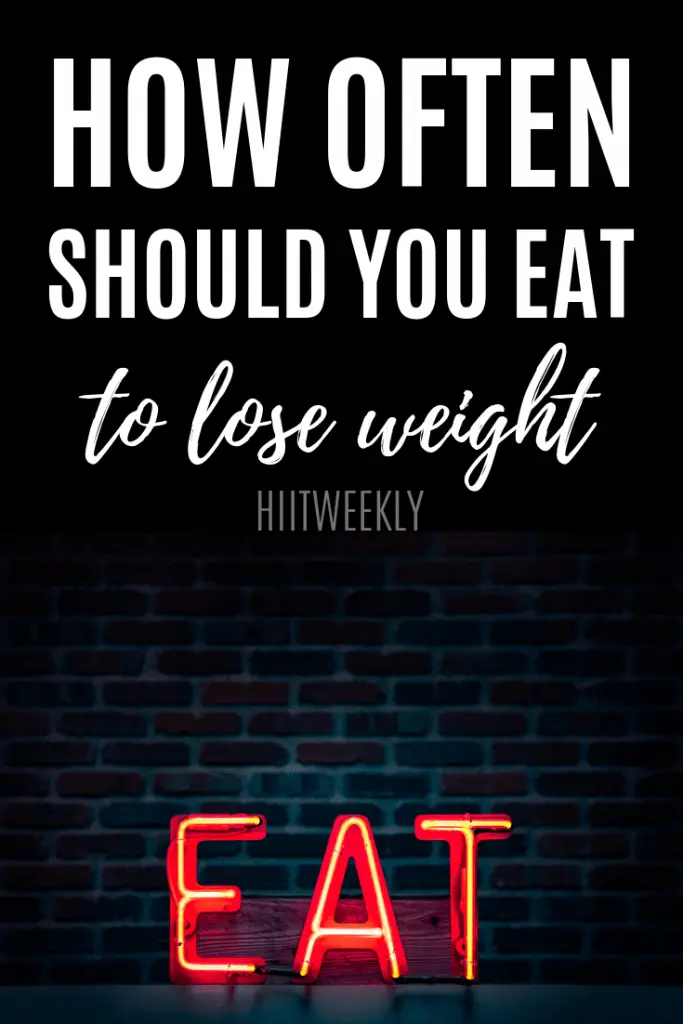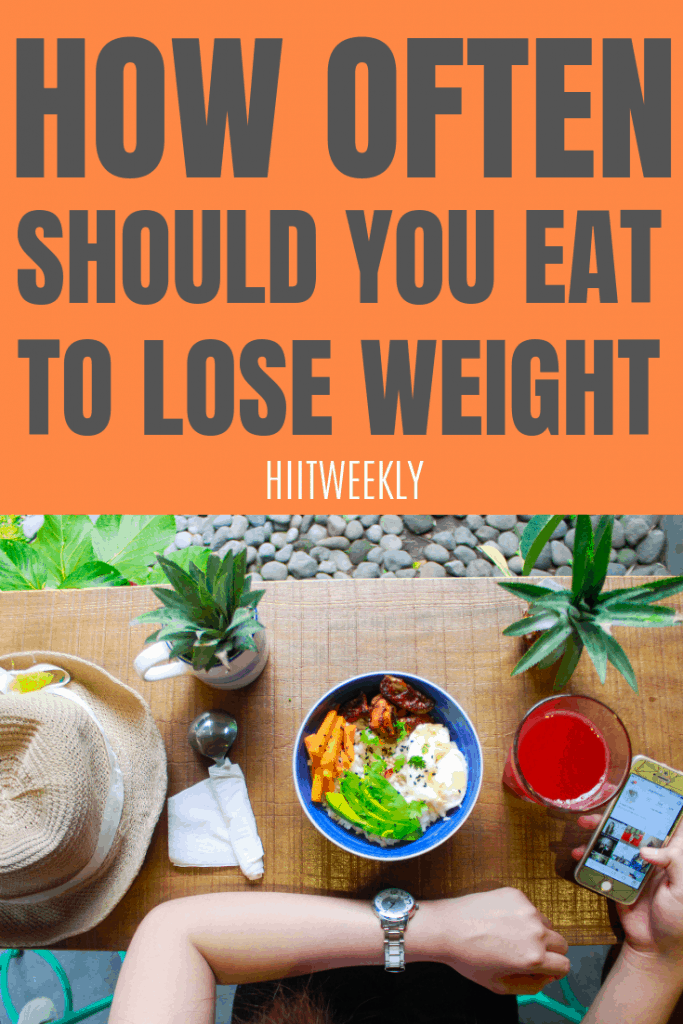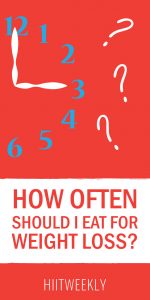
So how often should I eat for weight loss you ask. You often hear about fitness models, actors and your buddy at the gym going on strict diets where they eat 5 to 6 meals a day, sometimes more. Many trainers and online fitness experts or not so experts tell us to eat little and often. However most people don’t understand why. Where did it actually come from? What’s the science behind it? Is it just made up?
It isn’t made up and there is some science behind it, but before we get to that my guess is that it’s filtered down from the body building world where these guys and girls who are undoubtedly in incredible shape, go to whatever means needed to ensure they are stage ready.
After all they are the best at building muscle and burning fat, it’s their life. These are the bodies most of us aspire to look like obviously to a lesser extent to the bulging muscles and veins but the bikini models and fitness models all base their training and diet around a bodybuilding regime, mostly.
They have trainers or some become trainers and they pass that knowledge and eating habit down to their clients some of which happened to be famous and that naturally trickles down to what we know now.
If you’ve ever watched interviews of famous actors or ex body builders on YouTube you’ll have heard about how they eat and train and most follow a typical bodybuilding routine training and diet wise.
TIP – The eat every 2 to 3 hours really works best if you’re resistance training at least 3 or 4 days a week. Otherwise there’s no real need to feed your body so often. And here’s why.
The Science?
Okay the science bit. It was only at university that it all came together and made sense. There are two factors Protein Synthesis and Thermal Affect of Food.
Protein Synthesis
We know from research that your body goes through a process where old cells are broken down and replaced this also happens to your muscle tissue. This occurs every 3 hours or so. Hence the need to feed your body protein and carbs to aid in this process.
Thermal Affect of Food
In addition there’s the thermal effect of food. It costs calories to burn and metabolise your food, this is termed thermal effect of food. Eating little and often say every 2 to 3 hours will help keep your metabolism raised slightly whilst delivering key nutrients to your recovering muscles.
So there you have it, now you should be able to better understand why we recommend eating every 2-3 hours and I hope from this you take home that you must be training 3 to 4 days a week with resistance exercises to truly get the full benefits of it.
- Related – Intermittent Fasting For Weight Loss
If you’re not training then the 5 meals a day isn’t necessary and you could get away with the usual breakfast, lunch and dinner. Although you wouldn’t be doing any harm eating smaller more regular meals as you’ll get some of the metabolic gains we spoke about. At the end of the day you need to figure what works best for you and fits into your lifestyle and training goals.
If you need help try our 7 day clean eating meal plan. Designed to help you burn more fat and get all the nutrients needed in a balanced diet.
Hey there, I’m Luke, and I’ve been immersed in the fitness world since 2007. From gym floors to running my own personal training business, I’ve seen it all. My journey led me to study Sports Science at university, where I deepened my understanding of the science behind exercise.
One thing that truly lights my fire? High-Intensity Interval Training (HIIT). It’s not just a workout; it’s a game-changer. I’ve used HIIT to help countless men and women shed weight and transform their lives for the better.
Through my personal training business, I’ve witnessed the incredible impact of HIIT on both physical and mental well-being. It’s not just about getting fitter; it’s about feeling stronger, more confident, and more resilient.
Join me on this journey to a healthier, happier you. Let’s crush those goals together!


